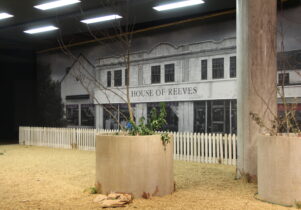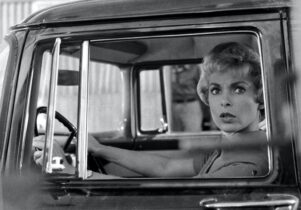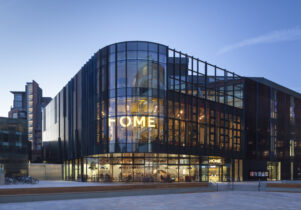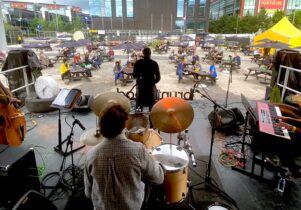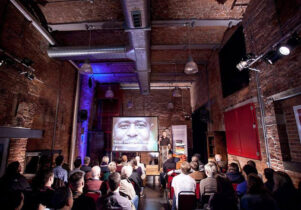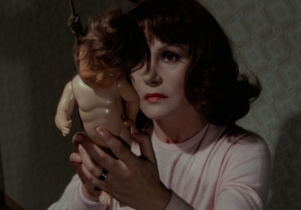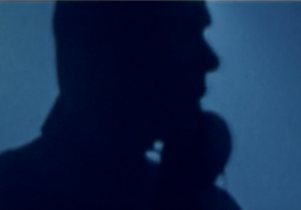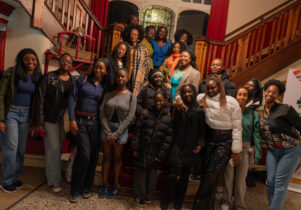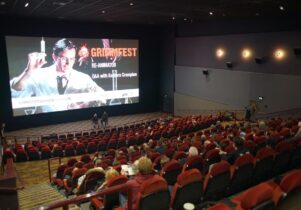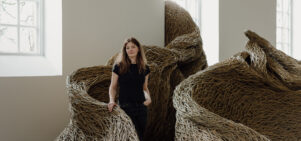Bigger than Life presents/ A Summer’s Tale at HOME
Tom Grieve, Cinema Editor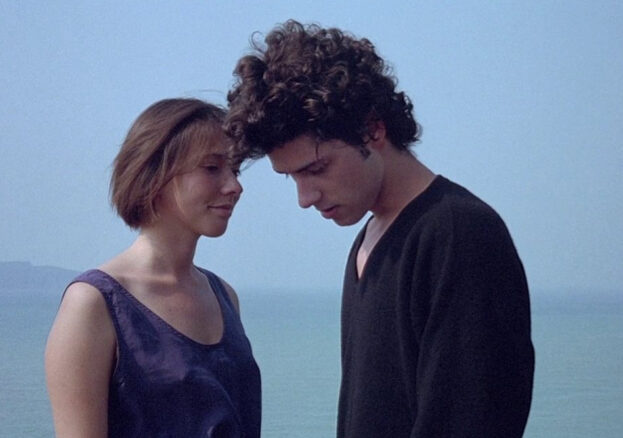
Nobody does laid-back, breezy heat like French New Wave film director Éric Rohmer. Often in retreat from Paris (or at least escaping to its parks), the characters in his summertime films have time to muse and philosophise and fall in and out of love and lust. They’re worldly and attractive and they’re whiling away their summers in equally striking surrounds; in beach houses and expensive lakeside properties, surrounded by luscious greenery, yellow sand and calming waters.
Guiltily or otherwise, there are certain cinematic pleasures to be gleaned from the style and beauty onscreen. But if the characters can be self-obsessed, then Rohmer knows it. They might be privileged and self-consciously urbane, but they are not always very wise. They are often caught up in indecision like the tragic, adrift figure of Delphine in The Green Ray, or caught between partners, like the characters in Pauline at the Beach or Claire’s Knee. They converse with intelligence and wit, talking through their (usually romantic) predicaments with a sure sense of sophistication – but much of what they say is deflection or nonsense.
“Truth isn’t found in assertions.” Rohmer once said. It’s a quote that should provide some indication as to how seriously we are supposed to take the grand proclamations about love and life that are the stock in trade of his talkative, bourgeois characters. The director made more than twenty narrative features, including three distinct multi-film cycles, which consistently revisited certain dramatic scenarios and locales. Of these cycles, it’s the four-film ‘Tales of Four Seasons’ that Bigger Than Life have chosen to revisit this July.
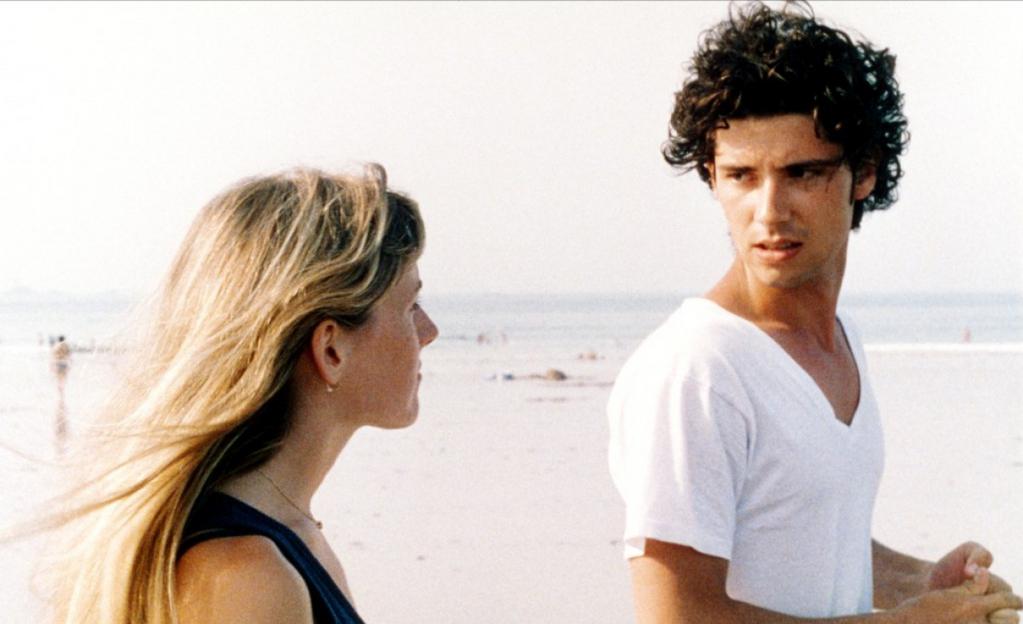
Screening from a 35mm print, A Summer’s Tale features one of Rohmer’s most passive protagonists in the form of Melvil Poupaud’s Gaspard. A young, self-serious musician with an interest in sea shanties and plans to teach maths, Gaspard arrives in Brittany in July. He hopes to catch up with his on-off girlfriend Lena (Aurelia Nolin) but she has given no date for her arrival. She hasn’t even provided an address. Alone by the beach, Gaspard strikes up a flirty friendship with waitress and ethnology PhD, Margot (Amanda Langlet), who in turn encourages him to pursue her friend Solène (Gwenaëlle Simon.) Before long, Gaspard is torn, finding himself committing to whichever woman he happens to be with at the any one time.
Rohmer is a master of on-screen conversation and a considerable amount of A Summer’s Tale is taken up with discussions that wind their way along Brittany’s picturesque coastal paths and across its sandy beaches. The dialogue is buoyed by an elegant visual style though, and much is communicated through gestures, glances and what is left unsaid. For Rohmer, truth doesn’t lie in assertions, but we can find it instead in the body language, in the eyes of his actors.
“What interests me,” the director claimed, “is to show how someone’s imagination works.” The magic of Rohmer is not in the decadent trappings and sophisticated (or otherwise) conversation (fans of Richard Linklater’s Before trilogy will find a common DNA), instead it’s in his tangles of relationships and the way he communicates each participants wants, needs and insecurities. These can be played for comedy – there is something very funny about Gaspard’s panicky wannabe lothario – but they are also revealing, tragic and occasionally moving.


